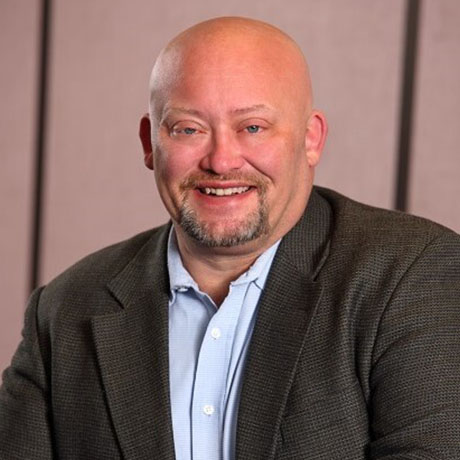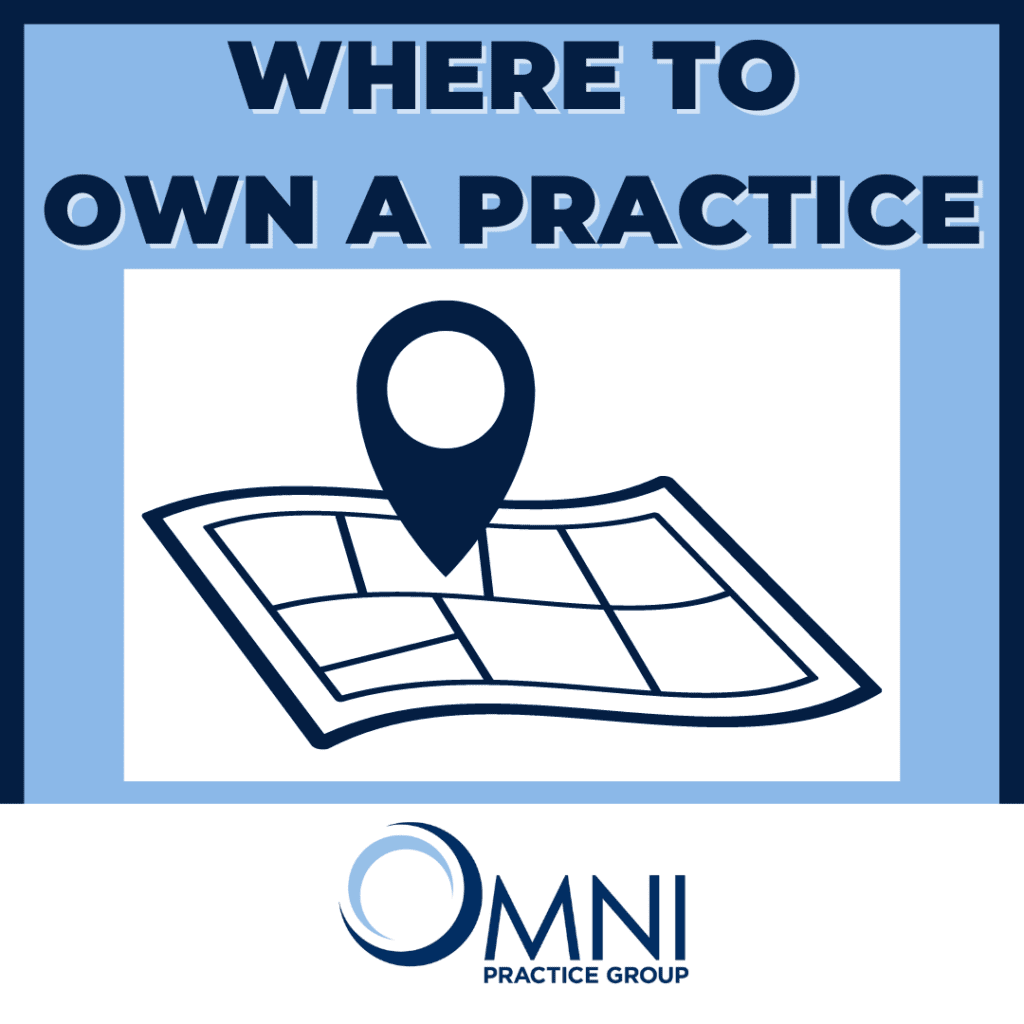Entrepreneurial Energy


What defines entrepreneurial energy? According to David Lyons, PhD:
“Entrepreneurial energy is the force that sustains the momentum and velocity of progression in the venture. Energy can rise through excitation/agitation and fall through decay of the energy as a result of predicaments or failures.
Entrepreneurial energy is an endogenous force that fuels motivation and sustains entrepreneurial action and momentum. Encapsulating hope, optimism and obsessiveness, the nature and experience of the entrepreneurial energy provides meaning to the entrepreneurial pursuit and venture. Entrepreneurial energy is a motivational construct characterized by positive intense feeling, emotional arousal and internal drive and engagement in the pursuit that is salient to the self-identify of the entrepreneur. The positive affective state also generates positivity in the cognitive state fostering creativity and recognition of new patterns of information critical to opportunity recognition and exploitation in the external environment.
Entrepreneurship, after all, is a science of turbulence and change, not continuity. Turbulence is caused by certain force. Such is the force in entrepreneurship, like the wind is felt but not seen; or seen through the ruffle of the leaves but not the wind itself.”
Most of you reading this article can relate to those attributes, especially early in your career. Remember talking to your friends in dental school and making plans for your practice? Remember the excitement of updating your new practice? Remember the hours put in behind the scenes to get the practice where you wanted it?
Do you still have that energy in you? If you do, this is a great time to be a dentist entrepreneur. Consolidation is happening and it will favor the big and the bold.
What if you don’t? That is okay also, but the time to consider harvesting your practice asset is now.
In my exit-planning training, coaching our clients to either grow or sell their businesses was absolutely paramount. Stasis really is an illusion. Equipment gets older. Technology becomes dated. Marketing plans become obsolete. Business values decline.
So ask yourself, grow or sell?
Read MorePitfalls to Avoid in Buying a Building


Money Pit or Cash Cow?
On occasion when a doctor purchases a practice there is also an option to purchase the real estate. Historically, real estate has been a good investment over time, but owning a commercial building has its own nuances.
There are a lot of similarities between owning a commercial building and a residential house. As the building owner or homeowner, you are responsible for paying the insurance, maintenance, and property taxes. Be sure to understand what your out-of-pocket costs are before you take on the responsibility of purchasing a property. Investing in a building or home inspection conducted by a reputable building inspector is always worth it.
Before you purchase a commercial building, know your demographics, and do your research. If a building is a steal, make sure you do some research to find out why. A commercial real estate broker that specializes in your industry can assist you in looking at the demographic information to fully understand the value of the real estate.
After you’ve purchased the practice, you are now the king of your castle and if you are business savvy, you can make a profit from owning your building. Having some knowledge of what to expect and what the pitfalls are of owning a building can save a lot of headaches down the road. For this article, we will consider that you are the owner and sole tenant of your building.
Maintenance – You’re now responsible for everything from the leaky roof, sweeping the parking lot, HVAC systems, lighting, ADA compliance, security systems, plumbing, and possibly the water and sewer mains underneath the property. The best advice is to adhere to a schedule with regular and preventive maintenance. Don’t skimp on issues that may seem small but that can turn into a bigger safety issue (both expensive and potential lawsuit if hazardous) in the long run.
A lot of potential challenges are dependent on the age of the building and how the previous owner took care of the property. You can hire a property manager to be the point of contact so you’re not distracted and can concentrate on your work. Some owners like to be involved in every decision, while others don’t want the hassle of being contacted for leaky pipes, clogged toilets, etc.
Insurance – a commercial building policy will differ from a residential homeowner’s policy on your home. A commercial policy will also have coverage for the business operations, its products, and operations liability. Much like homeowner’s insurance, the age and construction type of the commercial property will determine the premiums. Commercial insurance is also based on the neighborhood where the building is located.
Although chances are slim, some policies cover loss of income in the event of a fire or other loss of the building. These are usually additional policies that can provide peace of mind.
City ordinances – Although you may own the building, ownership doesn’t necessarily mean you can do anything you want. An example is a new building owner who wanted to utilize a specific size of a sign for his business, but the city ordinances stated a sign can be no bigger than 30 square feet. Be sure to reach out to the city before you decide to change or update the signage on your building and also verify if there are any restrictions for the exterior of your building such as signage, color, material, etc.
Taxes – There are two points on the taxes. First, for the building taxes, make sure your ownership is properly transferred to you during the purchase, and make sure that you keep up-to-date on your taxes. Set up an account directly within the municipality you are located or make sure your loan program is paying it directly. For your business taxes, owning your own commercial real estate has many tax advantages. Connect with your CPA, make sure you’re paying your real estate entity as a business expense, and more.
Money Pit or Cash Cow? There will be costs to owning your own commercial real estate, but taking the proper steps and working with an experienced commercial real estate broker that specializes in medical/dental purchases will save you time and a lot of money. Just think, if you are leasing a space, after 10 years you will be signing up for paying the landlord another 5 years of income. If you own, after 10 years, you will be working towards paying that building off and have the equity in the building.
Read MoreWhere to Own a Dental Practice?


If you are in it because you love dentistry and love helping patients and you are not necessarily in it to make the big bucks, you can really own a dental practice almost anywhere. A lot of buyers seem to want the downtown metropolitan practice thinking it’s a great place to practice since there are so many potential patients and you can live the urban lifestyle. I’ve helped doctors who absolutely wanted to be in a metropolitan area, even though the demographics made no sense whatsoever, who then started a practice and did quite well. One doctor that I helped always dreamed of owning a practice in a particular city. He went for it and is successful. And I have seen others want a practice in a certain area, and although the numbers didn’t make sense, they did it anyway and were successful.
Some of you are buying a practice because you want to make a lot of money, in which case, further analysis and discussion are needed. The failure rate for dentists is infinitesimal – somewhere around .0125%. If you’re buying an existing practice and you have identified that the practice already has good cash flow, you can purchase the practice and have success almost no matter where it is. If it’s a poor performing practice, you would need to examine if the poor performance is because of the location, the management, or something else. If you want to buy an existing practice and are looking for an opportunity to grow and have lower overhead, I would suggest looking outside of the metropolitan areas. Practices outside of metropolitan areas have less competition, wages and rents are lower, and it’s easier to grow those practices. And if you are considering doing a startup practice, the same rules apply. Look for a location with good demographics outside of metropolitan areas. Of course, if you absolutely want to be in a metropolitan area, don’t be afraid to go for it. Just look closely at the numbers and hire a good dental practice or real estate broker to help you out.
I do recommend that you do a bit of demographic analysis on the locale. See how many dentists are currently practicing in the area. A good ratio is 2,000 daytime population for each doctor. There is a difference between the daytime population and the regular population. The daytime population includes the workforce. For example, if you look at the population of South Lake Union during the day vs. the nighttime population, you would see a big difference. Another demographic to pay attention to is the age of the population. For a general practice, a good mix of young and old is best. If you want a high cosmetic practice, but the average age is 28, you might need to consider another area. Homeownership is another good indicator of practice success. You want to have more homeowners than apartment renters. You can obtain detailed demographics either through a company that will charge a fee and provides data such as the average annual dollar amount spent on dentistry per person within a zip code and other more granular items. Or, Omni has information that we can provide.
One of the advantages of working with Omni is that we have both dental practice brokers and real estate brokers to help you traverse the ownership trail in any way we can. Just give us a call at 877-866-6053 or email us at info@omni-pg.com and we’ll be happy to help get you started. Contact us today!
Read MoreBuy an Existing Practice or Build a New One?
We speak with hundreds of practice buyers each year. Many are looking for that gem of a practice in their desired area; a practice with new or newer equipment, digital technology, great location, recently remodeled, etc. Oftentimes, that practice either doesn’t exist; or if it does exist, it’s not for sale. So what’s a buyer to do – buy an existing practice or build one?
Omni is a rare breed in the practice broker world. We not only provide practice transition and valuation services for dentists – both buyers and sellers – we are also experts in helping dentists with their real estate needs. We are often asked in seminars, at conferences, or over the phone, “Should I buy an existing practice, or do a startup?” I often suggest that dentists spend some time looking for a practice in their desired location. If they can’t find one, they should consider starting a practice, especially if the doctor is 100% certain of the area in which they want to practice.
I recommend that dentists do a bit of demographic analysis on the locale. See how many dentists are currently practicing in the area. A good ratio is 2,000 daytime population for each doctor. There is a difference between the daytime population and the regular population. The daytime population includes the workforce. For example, if you look at the population of South Lake Union during the day vs. the nighttime population, you would see a big difference. Another demographic to pay attention to is the age of the population. For a general practice, a good mix of young and old is best. If you want a high cosmetic practice, but the average age is 28, you might need to consider another area. Homeownership is another good indicator of practice success. You want to have more homeowners than apartment renters. You can obtain detailed demographics either through a company that will charge a fee and provides data such as the average annual dollar amount spent on dentistry per person within a zip code and other more granular items. Or, Omni has information that we can provide.
If you perform the necessary research and find that opening a new practice in the area you like makes sense based on the numbers, we suggest that you go for it. We have helped many dentists over the years do demographic research, find a space, and negotiate a lease. Steve Kikikis is our go-to person for real estate leasing and sales. You can reach out to Steve anytime for help on whether you should buy an existing practice or build one by sending him an email at steve@omni-pg.com.
Read MoreShould I Pay Down My Student Debt Before Purchasing a Practice?
Nothing resonates more with recent college graduates than the talk of possibly wiping away student debt. Even though this might be a talking point of our current administration, it does bring up a question that newly graduated dentists worry about if they want to own their own dental practice. Should I pay down my student debt first? Or should I purchase a practice and then have two debts?
Your own gut reflex will say, “Uh, no way…more debt is crazy when I’m already so far underwater.” However, it is usually advantageous in the long run. If the dream of owning your own business is on your vision board, then it makes financial sense to move ahead with securing a business loan early in your career, even with a large amount of student debt.
Each person’s financial position will be unique. However, here are some items to consider:
Will it be harder to get a bank loan with a lot of student debt? Although not necessarily harder, the amount you can borrow will be determined by the amount of your student debt and your history of making regular and timely payments. Consistent payments and not skipping any repayments on your student loan will show the bank that you are reliable in your financial commitments. Although it’s tempting to splurge on extravagant items, keep your finances in check during this time and keep making regular payments. Banks like to see that you have a stable financial history and are not high-risk.
Which has the higher interest rate, the student loan or business loan? Whichever loan has the higher interest rate, is the loan you will want to pay down first. This might seem obvious but check with your lender for your student loan because they often don’t have harsh penalties if you lower your payment. Go back and recalculate what the minimum student loan payment is and take the difference you had been paying and use that towards your new business loan, hence paying the more expensive loan sooner.
Buying a turn-key practice or one that needs some work. Look for a dental practice that is undervalued, has potential, and is located in a good area. Most buyers want a turn-key solution when purchasing a practice. But there are a few diamonds in the ruff. The advantage is you will secure a loan for less money on an underperforming practice and with some work, you can turn it into a polished gem which is a great investment.
Building equity. You will earn equity in your business if you purchase a practice, rather than remaining an associate. As an owner, your earning potential is far greater, often outpacing the associate salary from the day you purchase a dental practice. If you purchase a practice where you own the real estate then you would also increase your bottom line when you are ready to retire and transition.
You haven’t missed the boat of owning your own dental practice when you have a large amount of student debt, but you will want to be business savvy on how you should proceed.
Read More
